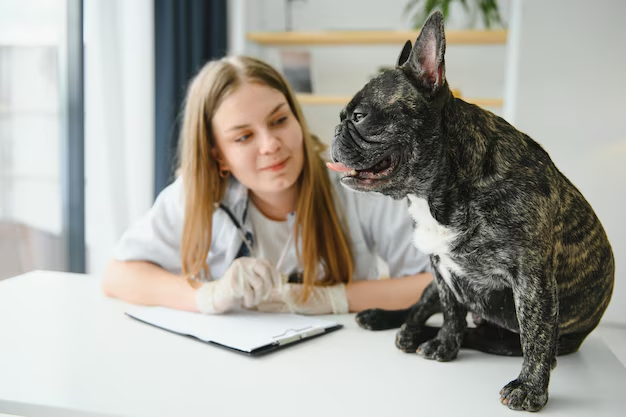How to Become a Veterinarian: Essential Degrees and Certifications
Becoming a veterinarian is a rewarding career choice, requiring a blend of scientific knowledge, compassion, and dedication. To begin this journey, aspiring veterinarians must first obtain a Doctor of Veterinary Medicine (DVM) degree from an AVMA-accredited institution. Before entering a DVM program, candidates typically need a bachelor’s degree, often in a related field such as biology, animal science, or zoology. The rigorous DVM curriculum spans approximately four years, focusing on areas like animal anatomy, pharmacology, and surgical techniques. Following graduation, a state-specific veterinary license is mandatory, obtained by passing the North American Veterinary Licensing Examination (NAVLE).
While these are the foundational requirements, specializing in certain areas like surgery, dentistry, or internal medicine can further enhance career prospects. Additional certifications from organizations such as the American College of Veterinary Surgeons (ACVS) or the American Veterinary Dental College (AVDC) provide a competitive edge and elevate professional expertise. Aspiring veterinarians should also consider engaging in internships or residency programs, offering invaluable hands-on experience with a wide variety of animals.
📚 Essential Educational Pathways and Certifications
-
Bachelor’s Degree 🎓
- Biology
- Animal Science
- Zoology
-
Doctor of Veterinary Medicine (DVM) Degree 🩺
-
Licensing
- North American Veterinary Licensing Examination (NAVLE) 🎖
-
Advanced Certifications 🏆
- American College of Veterinary Surgeons (ACVS)
- American Veterinary Dental College (AVDC)
-
Internships or Residency Programs 🏥
